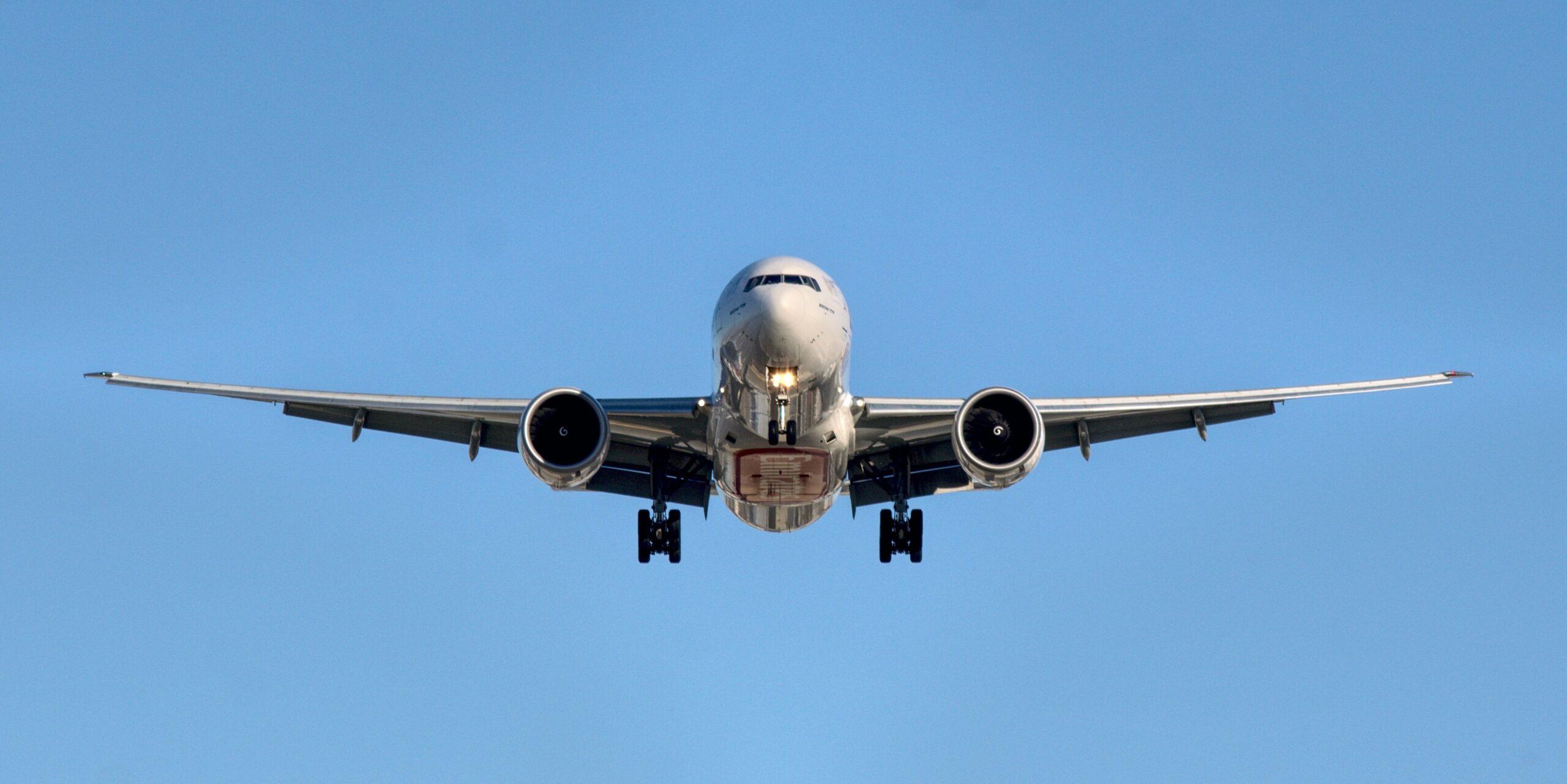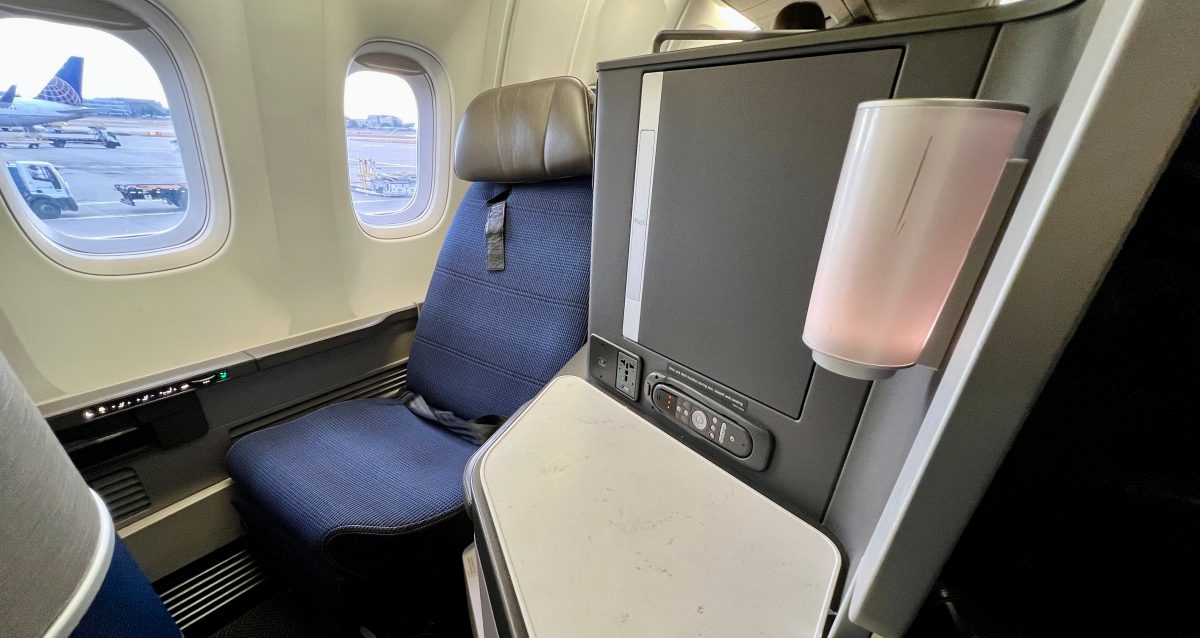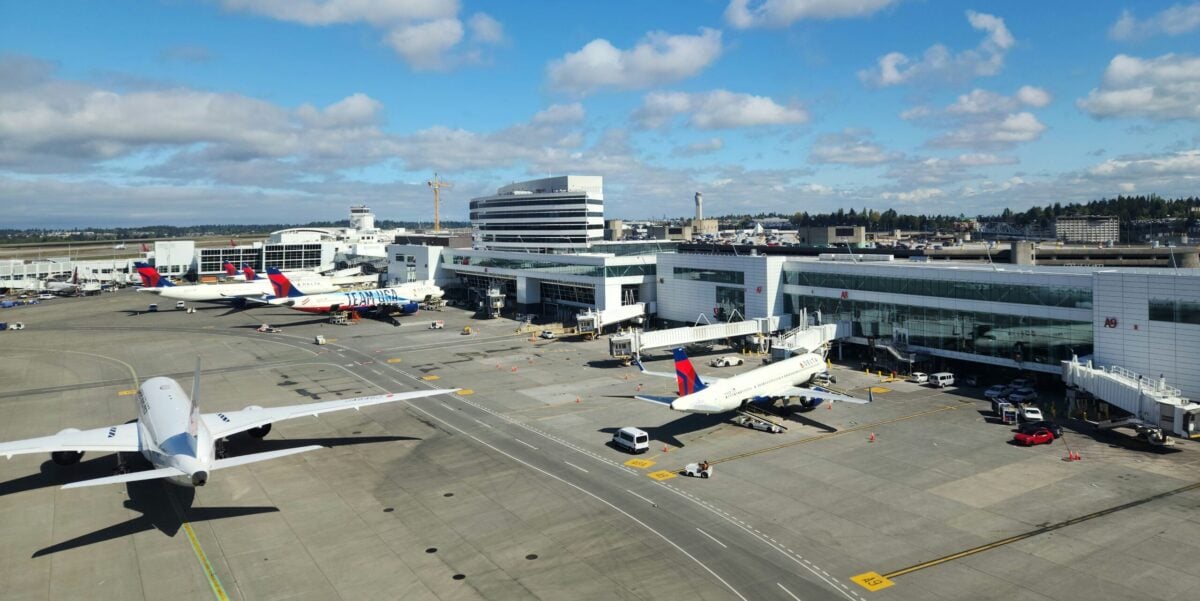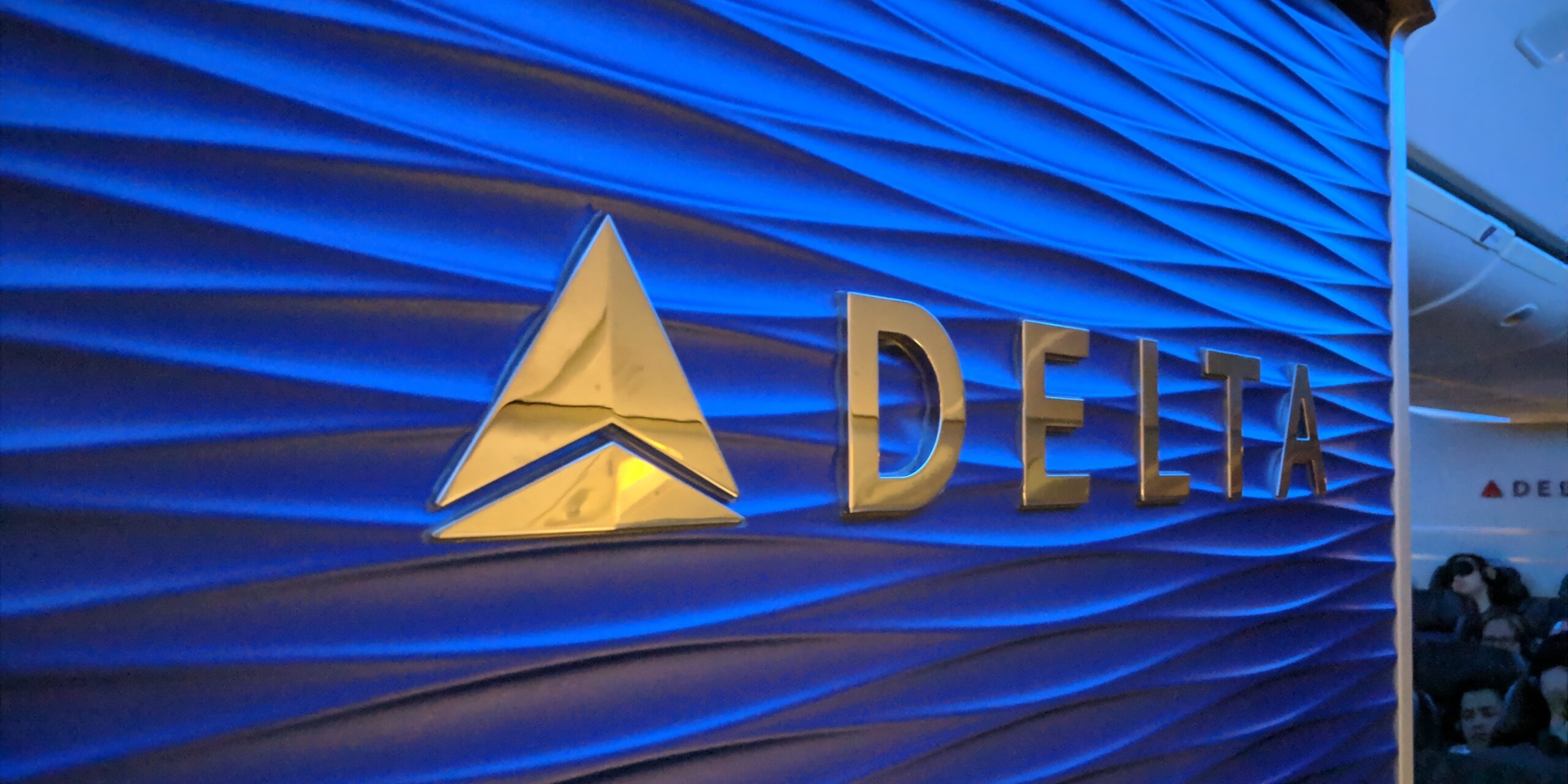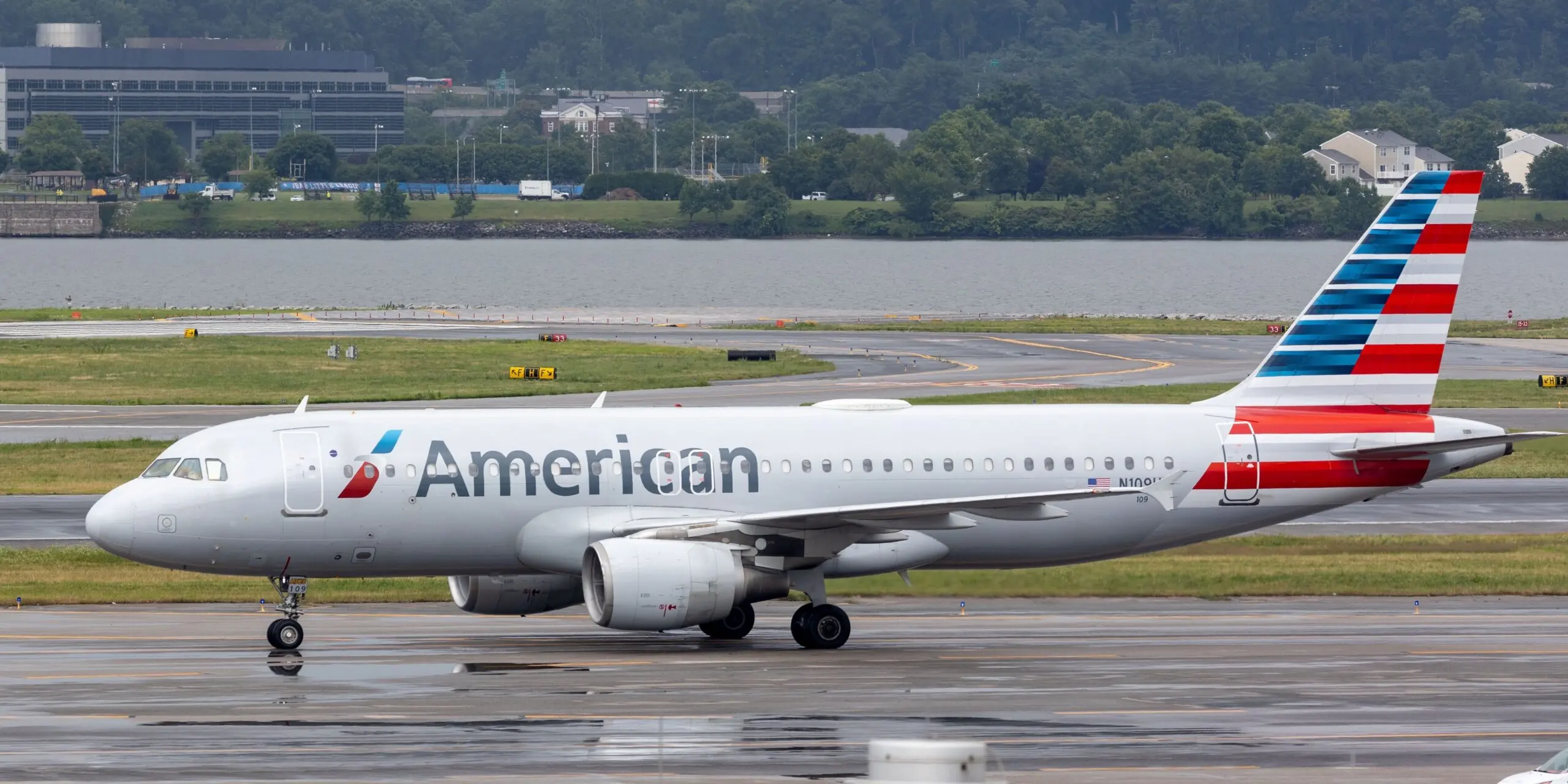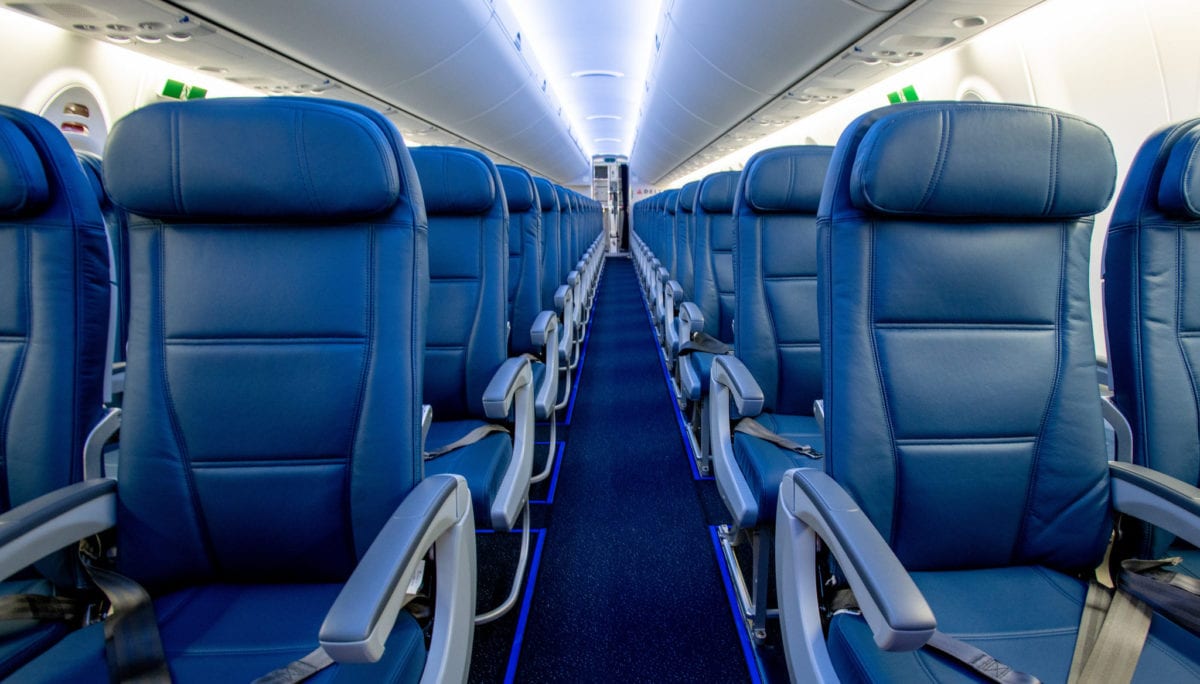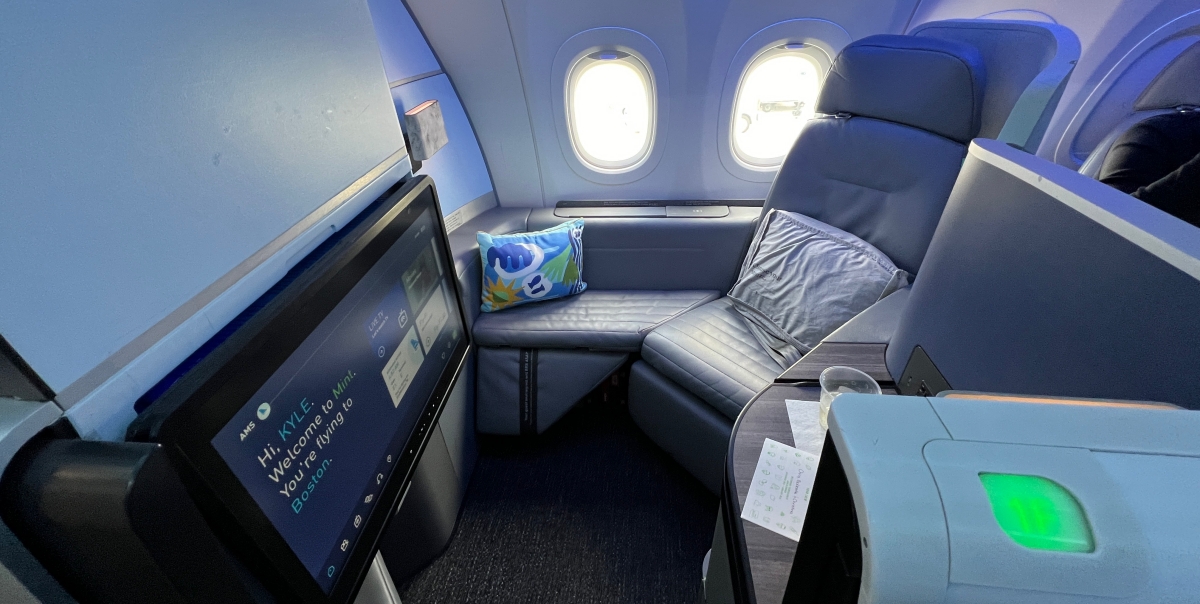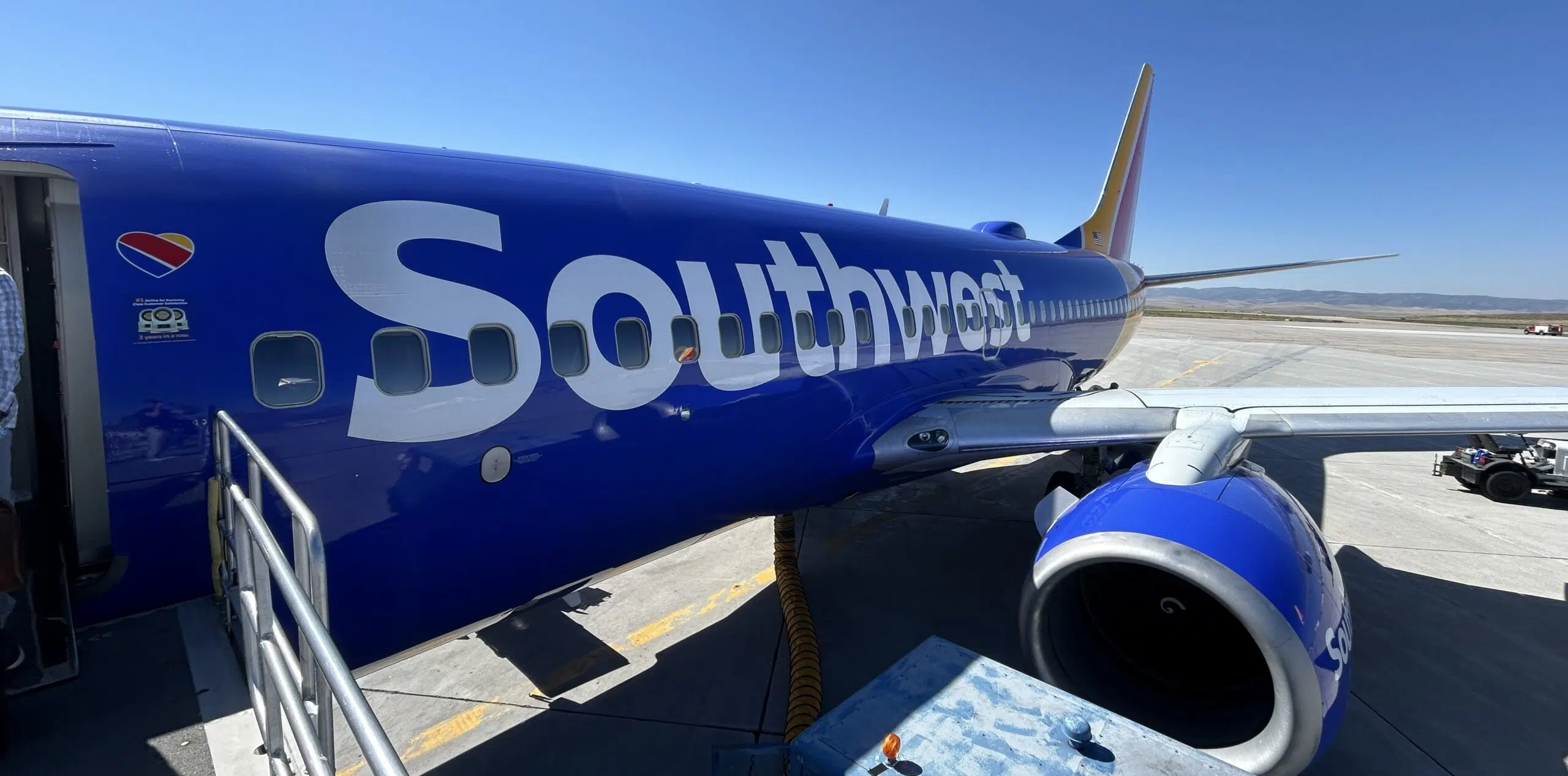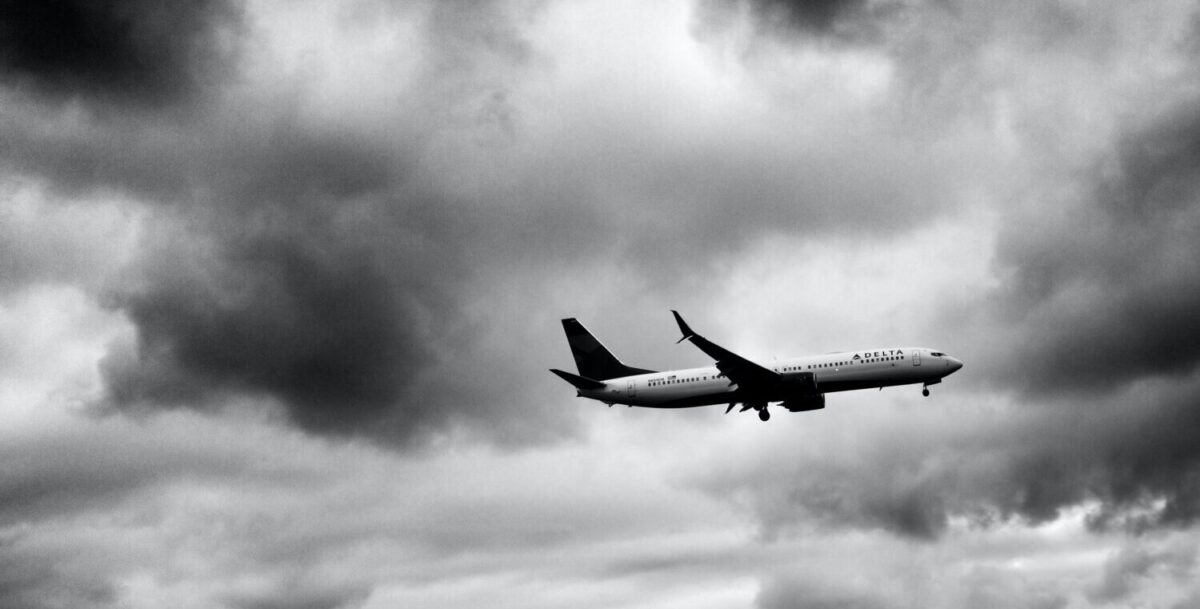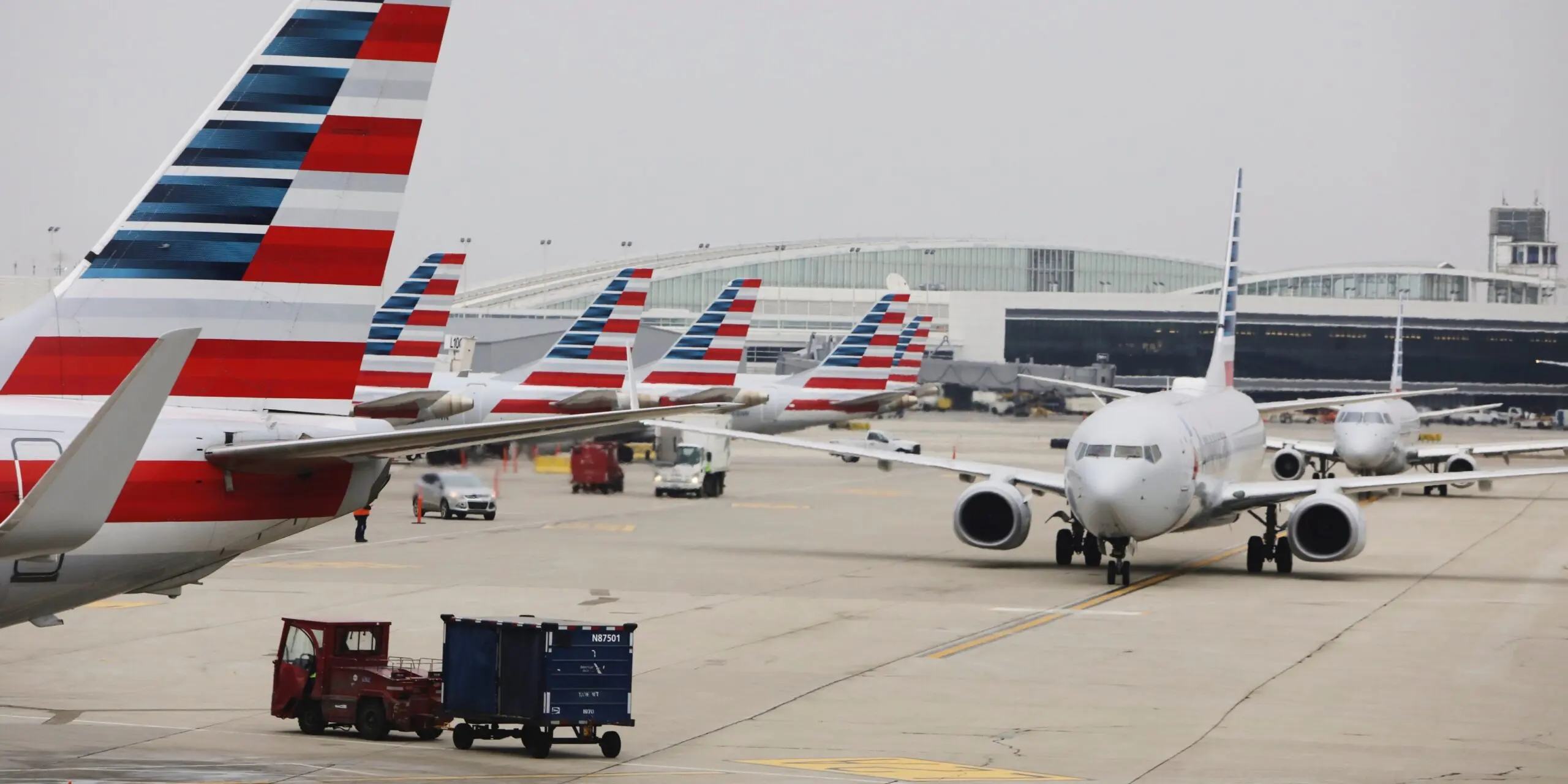
American Airlines Just Killed Mileage & Status Earning on Basic Economy Fares
American Airlines finally crossed a line it had been inching toward for years. The airline quietly changed the terms for its stingiest basic economy fares so they'll no longer earn any AAdvantage miles or Loyalty Points, wiping out one of the last remaining reasons many travelers were willing to tolerate its most restrictive tickets. Starting today, American’s cheapest fares no longer count t...



